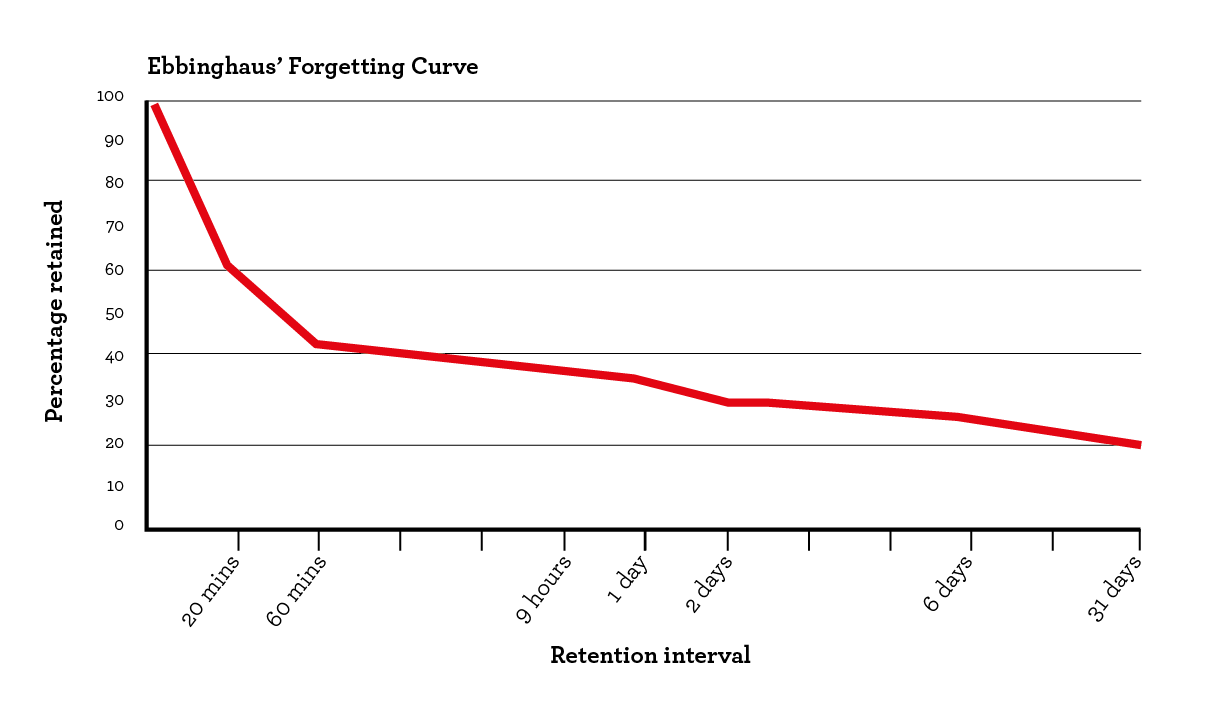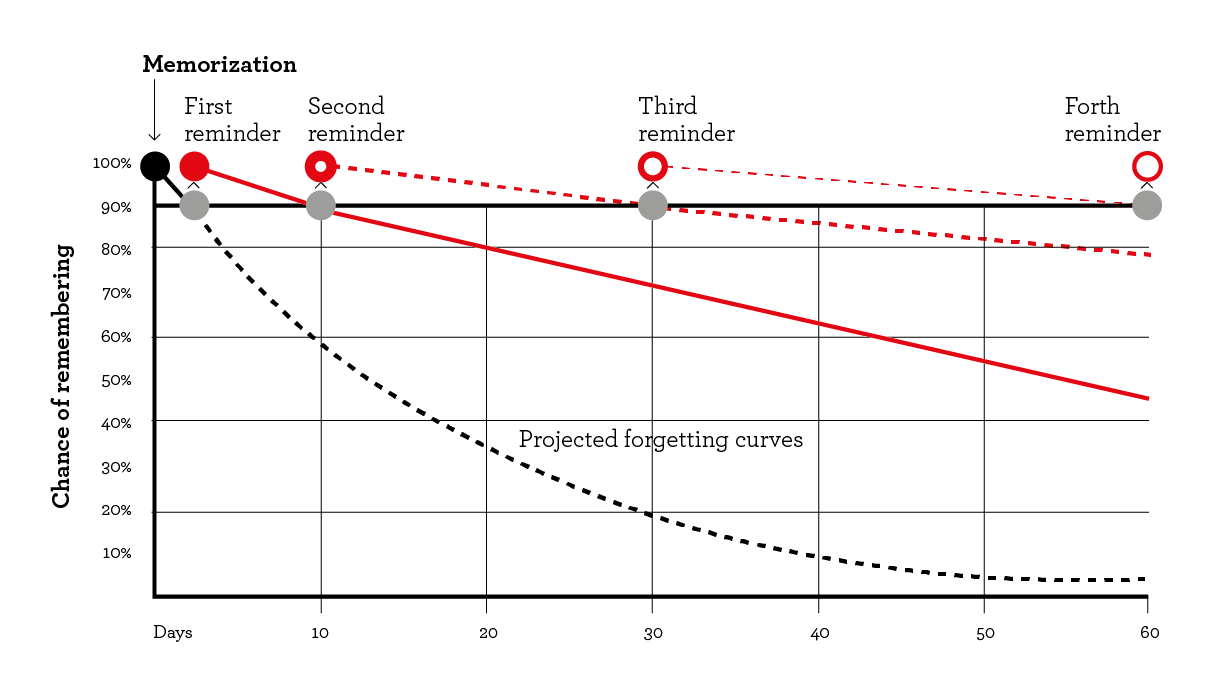On Reading Better
I believe in reading. I believe that if everyone read a few pages of a book every day, the world would be a better place. And I believe a good reading system can help achieve that goal.
Over the last few years, I have been trying to get better at reading books. In the early years, it meant setting a goal of reading a certain number of books each year. And every year, I kept increasing the number by a little bit. It got me into a healthy rhythm of reading bookings regularly. But I realized that I am not able to retain much of the learnings for too long.
This year onwards, I decided to read fewer books and find a system that could help me retain - and possibly apply - some of the learnings better.
Instead of applying brute-force, I decided to find out what the best readers in the world do. Twitter, obviously, is the best place to find out such a thing. It turns out a lot of people have come across the same problem and tried multiple things. I came across fantastic folks like Alex And Books, who have dedicated their lives to become a better reader (check out some terrific advice here and here).
Having tried multiple things, here is what my system looks like -
- I read books on Kindle. Reading physical books is fine too, but there is a small problem which I will get to in a minute.
- Once I finish reading the book, I export the notes from Kindle into my Evernote. My Evernote is a repository of all the books I have read and all my notes.
- It becomes very easy to search for references & learnings from a book if I ever need them later (often for my ROTWs).
- Every once in a while, I read physical books too. But the notes and highlights never reach my Evernote, which makes searching for them quite difficult. That’s the main problem with physical books. I had decided that I would manually type-in the highlights after finishing a physical book, but I could never get started with it (too much work, I think)
- Audiobooks are great too, but suffer from the same highlighting problem as physical books. However, I love audiobooks because they can be listened to in passive mode (while driving, going on walks, doing chores, etc.). If I like an audiobook, I buy the Kindle or physical copy re-read it.
This is what I have been doing all along. But the killer addition to the routine is this - Order physical copies of the books you really like and keep it a place where you can easily access them anytime ( a bookshelf). Every once in awhile, when you are taking a 10 mins break from work, or just passing by that area, or just before hitting the bed, pick a book and start reading a few pages from any part of the book (let serendipity strike). Because you have already read the book once before, you will quickly understand the context and will be able to remember it better.
I started putting a couple of my favorite books by the bedside and study table and realized that it helped. Not only was I able to re-read the best parts, but I also rediscovered a few forgotten parts of those books all over again.
If you think deeply, there is some science behind it. It’s, after all, spaced repetition.
Hermann Ebbinghaus (1850-1909), a German psychologist and pioneer of quantitative memory research, first identified the spacing effect.
His most important findings were in the areas of forgetting and learning curves. These are graphical representations of the process of learning and forgetting. The forgetting curve shows how a memory of new information decays in the brain, with the fastest drop occurring after 20 minutes and the curve leveling off after a day.

There is a way to slow down the process of forgetting. We need only to recall or revisit the information after we originally come across it. Going over the information later, at intervals, helps us remember a greater percentage of the material. Persistence will allow us to recall with 100% accuracy all that we want to remember.
The learning curve is the inverse. It illustrates the rate at which we learn new information. When we use spaced repetition, the forgetting curve changes:

Frequency matters. Under normal conditions, frequent repetitions aid memory.
Credits fs.blog - Spacing Effect
I am convinced that you should have copies of your favorite books in all formats (hardcover, Kindle, and audible). I am now ordering the physical copies of all my favorite books (you’d be surprised how difficult it is to find hardcover copies of some of these books).
And to keep them accessible, get a bookshelf. This Diwali, I am planning to buy one.
Any recommendations?
Happy Diwali!
Kaddy
